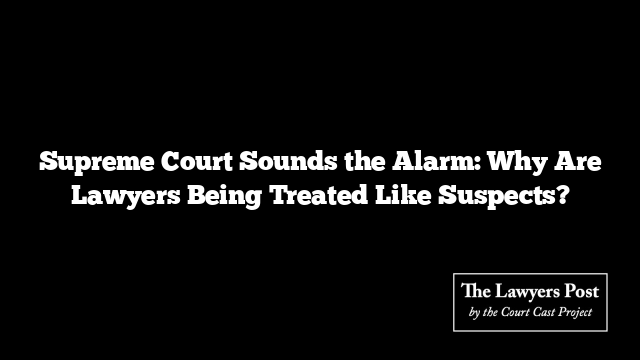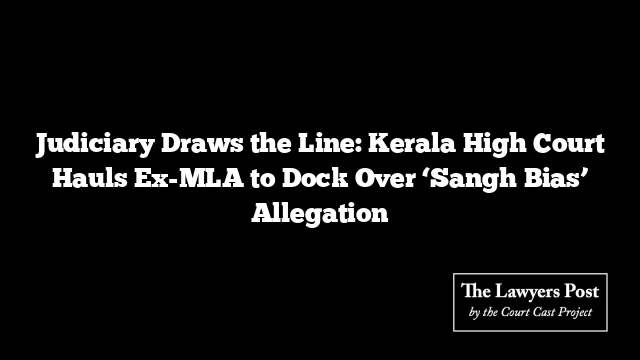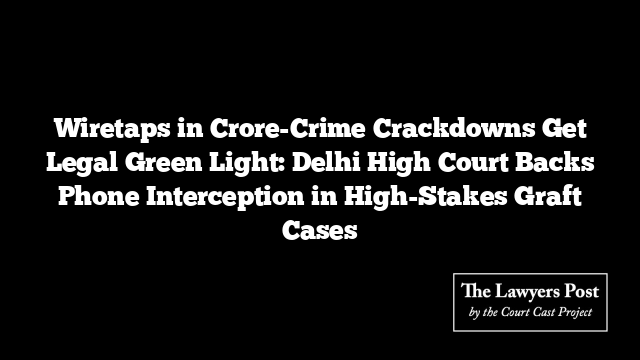The Supreme Court has cracked open a suo motu case that strikes at the very core of legal sanctity—why are lawyers, the defenders of the accused, suddenly finding themselves dragged into the spotlight by investigating agencies?
This legal grenade follows a controversial move by the Enforcement Directorate, which recently summoned two of the legal fraternity’s most respected figures—Senior Advocates Arvind Datar and Pratap Venugopal. Their alleged offense? Doing their jobs.
Datar had rendered a legal opinion on the issuance of over 22.7 million ESOPs worth ₹250 crore by Care Health Insurance to Rashmi Saluja, former chairperson of Religare Enterprises. Venugopal, meanwhile, was serving in his role as Advocate-on-Record. Despite this, both were summoned by the ED as part of its investigation—a move that sparked uproar from bar associations across the country.
The blowback was so intense, the ED hastily withdrew the summons and scrambled to issue a damage-control circular. The directive warned field offices against summoning advocates, except in cases that fall within statutory exceptions—and even then, only with the Director’s green light.
Now, the top court has stepped in. The case—In Re: Summoning Advocates who give Legal Opinion or Represent Parties During Investigation of Cases and Related Issues—will be heard on July 14 by a bench led by Chief Justice BR Gavai, alongside Justices K Vinod Chandran and NV Anjaria.
With the judiciary now turning the lens on this troubling trend, the question looms large: are the rules of the game changing—or is this just a power play gone too far?





